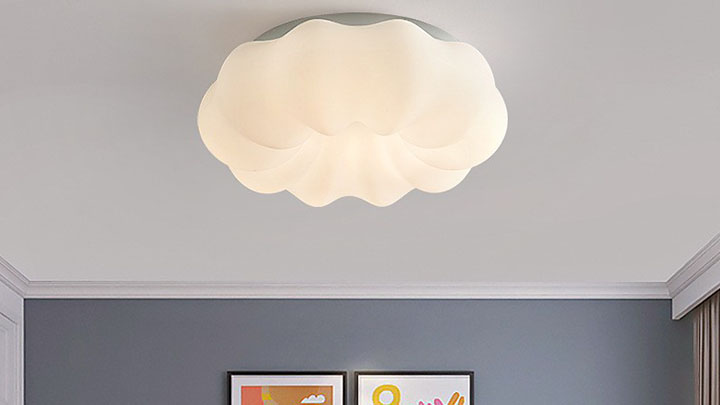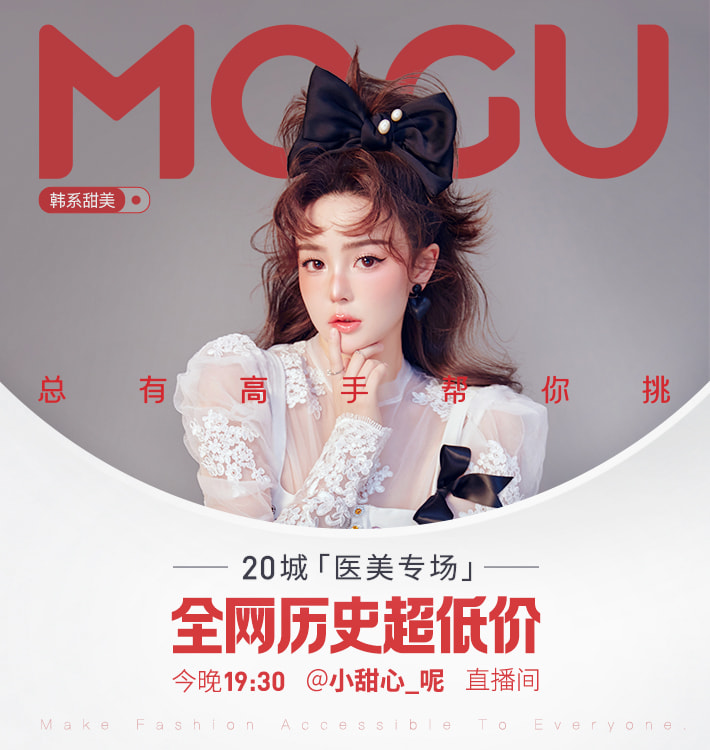Philips Lighting Quality: An In-Depth Look at a Global Leader
For over a century, the name Philips has been synonymous with innovation and reliability in the lighting industry. From the incandescent bulbs of the past to the smart, connected lighting systems of today, Philips has consistently set the benchmark for quality. But what exactly makes Philips lighting products stand out in a crowded market? This article breaks down the key aspects of their quality, from technical performance to longevity.
1. A Reputation Built on Technical Excellence and Consistency
The core of Philips' quality lies in its rigorous engineering and manufacturing standards. When you buy a Philips bulb or luminaire, you are not just buying a light source; you are buying a precisely engineered product.
- Superior LED Technology: Philips was a pioneer in LED development. Their LEDs are known for high Luminous Efficacy (more lumens per watt), meaning they produce more light using less energy. This translates directly to lower electricity bills.
- Excellent Color Rendering Index (CRI): Philips prioritizes accurate color representation. Most of their standard LED bulbs have a CRI of 80+, while their advanced lines (like Philips Master or Hue) often boast a CRI of 90+ or even 95+. This means colors in your home appear more vibrant and true to life, which is crucial for tasks like cooking, applying makeup, or appreciating art.
- Precise Color Temperature: Philips ensures that the color temperature labeled on the box (e.g., 2700K Warm White) is exactly what you get. There is very little batch-to-batch variation, ensuring consistency when you buy multiple bulbs.
2. Unmatched Longevity and Reliability
One of the most significant value propositions of Philips lighting is its exceptional lifespan.
- Rated Lifespan: A standard Philips LED bulb is typically rated for 15,000 hours, with many models lasting 25,000 hours or more. Under normal use, this can mean 15 to 25 years of service before needing a replacement.
- Lumen Maintenance: Philips LEDs are designed not just to last, but to maintain their brightness over time. They are rated to retain a high percentage (e.g., 70-80%) of their initial lumens even after thousands of hours of use, unlike cheaper brands that dim significantly over their lifespan.
- Robust Build Quality: From the quality of the plastic/glass used in the bulb to the internal driver components, Philips uses durable materials that resist yellowing and withstand electrical surges better than many budget alternatives.
3. The Smart Lighting Pioneer: Philips Hue
When discussing Philips' quality, the Philips Hue ecosystem deserves special mention. It is widely regarded as the gold standard in the smart lighting world.
- Ecosystem Reliability: Unlike many Wi-Fi-only brands, Hue uses a dedicated Zigbee-based bridge that creates a robust, low-interference mesh network. This results in faster response times, greater reliability with many devices, and no clogging of your home Wi-Fi.
- Software and Integration: The accompanying app is polished and feature-rich. Furthermore, Hue offers unparalleled integration with all major smart home platforms—Amazon Alexa, Google Assistant, Apple HomeKit, and Samsung SmartThings.
- Product Range and Consistency: The Hue range is vast, from white ambiance bulbs to color spots, lightstrips, and fixtures. The quality and performance are consistent across the entire lineup, allowing for a seamless smart home experience.
4. A Product for Every Need and Budget
Philips has strategically segmented its product lines to cater to different markets without compromising its core quality promise.
- Philips LED (Standard Range): These are the workhorse bulbs found in supermarkets. They offer solid performance, good energy efficiency, and reliable longevity at a competitive price. They are a massive step up in quality from no-name generic brands.
- Philips MasterLED & Ultra: This is the professional-grade series, emphasizing top-tier color accuracy (CRI >90), advanced dimming capabilities, and specialized designs for retail, hospitality, and high-end residential use.
- Philips Hue & WiZ: As discussed, Hue is the premium smart ecosystem. Philips WiZ is another smart lighting line that connects via Wi-Fi without a bridge, offering many smart features at a more accessible price point, while still benefiting from Philips' quality control.
5. Areas of Consideration
The primary consideration with Philips lighting is the price premium. You will pay more for a Philips bulb than for an unbranded or store-brand equivalent. However, this cost is an investment in longer life, better performance, and greater energy savings over time. For essential lights in hard-to-reach places or for a sophisticated smart home setup, this investment is often justified.
Final Verdict
So, is Philips lighting good quality? The answer is a resounding yes.
Philips lighting products represent a tier of quality that is demonstrably superior to budget brands. They are a reliable, high-performing, and innovative choice for consumers who value:
- Long-term value over the lowest upfront cost.
- Accurate and consistent light quality.
- A robust and integrated smart home ecosystem.
- Trust in a brand with a proven track record of safety and innovation.
In summary, choosing Philips is a decision to prioritize performance, longevity, and peace of mind. While the initial sticker price may be higher, the total cost of ownership and the quality of light make Philips a wise and enduring choice for illuminating any space.




